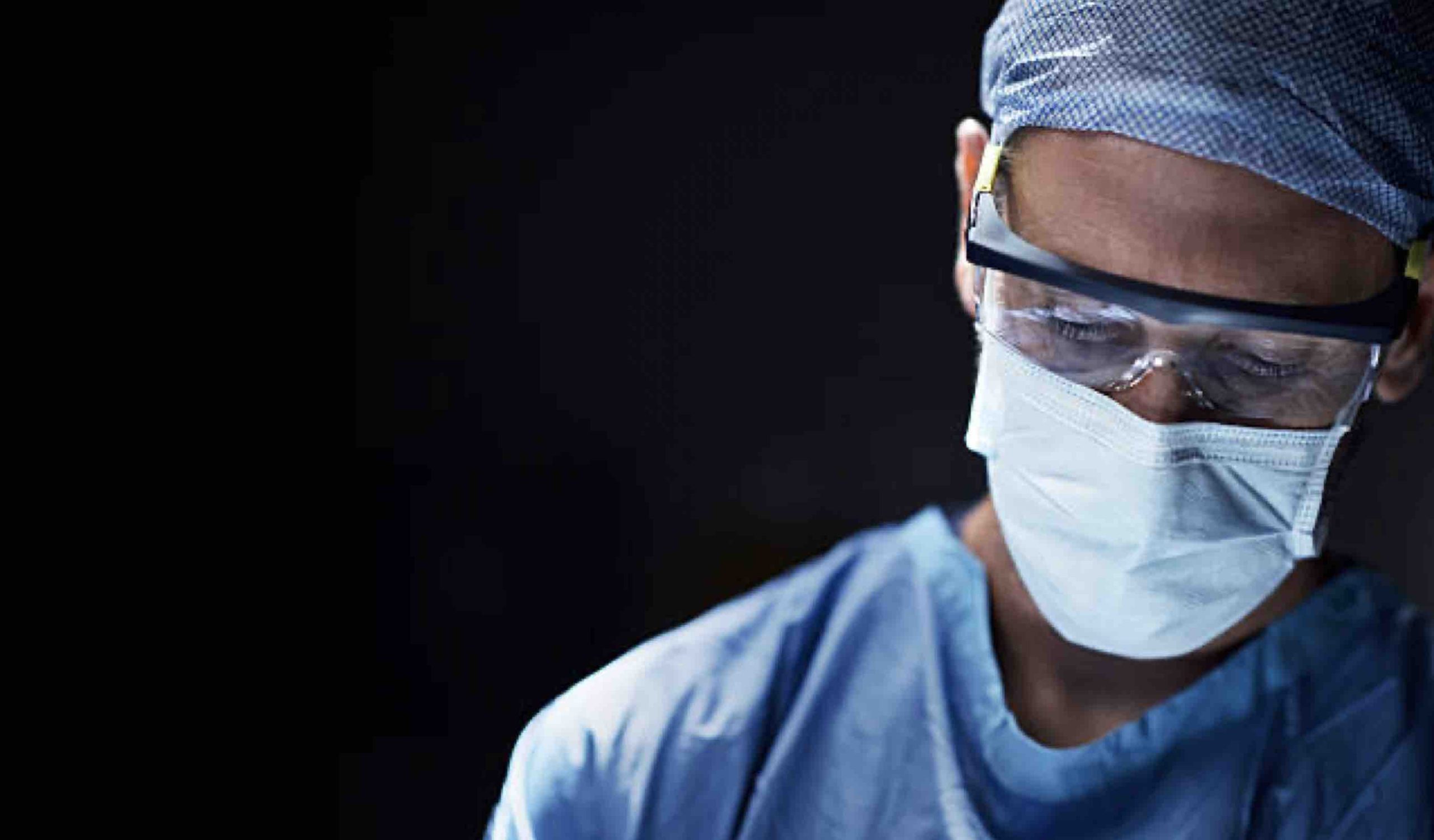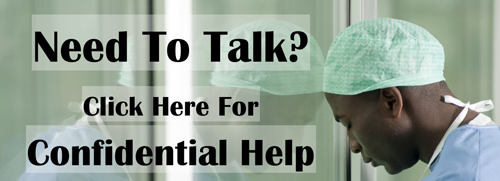Why do doctors laugh about death?
Kobe Bryant’s widow said she didn’t know first responders would refer to her deceased loved ones as “gumbo” or “hamburger meat.”
“It’s Taco Tuesday at The Baja California Bar & Grill, two days after the helicopter crash that killed Kobe Bryant. Talk at the bar turns to the crash. LA County Sheriff’s Deputy takes out his phone. Graphic photos of Kobe Bryant’s remains. . . He has pictures of all the dead bodies. . . .Deputies laughed and found the photos amusing.” (ABC News)
First responders are not laughing because burnt bodies are funny. First responders are traumatized—and laughter releases tension—and endorphins, natural pain killers.
Most people don’t know what mangled bodies look like (and they don’t want to know). For first responders it’s just another day at work. Either laugh or cry. Dark humor is our #1 coping method. Alcohol is #2. Both legal at happy hour.
Most first responders (& doctors) have PTSD. If we admit our pain, we may be punished. A physician I know sought counseling after the death of a child, her patient. Counselor turned her into the medical board. They sentenced her to five years of monitoring. For her normal human grief.
Most guys aren’t gonna spill their guts after a helicopter crash to a psychiatrist—and risk getting labeled for life—when they can get free mental health care with the neighborhood bartender.
Sharing crime photos at cocktail hour is, of course, terrible. An onlooker said, “I can’t believe I just looked at Kobe’s burned up body and now I’m about to eat.” Most people wouldn’t be able to eat. As a physician child of physician parents, I learned to eat during gruesome conversations. At dinner, my parents discussed autopsies and described plane crash victims—charred bodies burned beyond recognition—as “crispy critters.”
Dead burned people can look like barbecue. We use food descriptions because, well, the flesh of mammals looks the same. And we’ve got to process these tragedies somehow—and some of us do it over dinner. Others bury their pain. Like the fire captain with trauma so extreme he can’t recall being at the helicopter crash. Trauma amnesia is REAL. I blocked out entire portions of my life that resurfaced last year while writing my memoir. I somehow “forgot” that I did child abuse autopsies the summer after my first year in college. Yep, blocked that out for three decades.
So rather than vilify first responders for laughing at death, consider this: Trauma laughter may be—involuntary. The wife of a physician told me: “When my ex-husband was in med school, his lab partner and friend drove out into a field one day and shot himself in the head. We found out on Halloween. My husband started to laugh; the strangest hiccupping sound I ever heard came out of his mouth. He never laughed any other way after that . . . He struggled with alcoholism, depression, and suicidal thoughts . . . “
I speak about doctor suicides at medical conferences—and doctors laugh when I’m on stage—talking about suicide. I know I’m quirky, yet I don’t think they’re laughing at me, they’re laughing about suicide. I record my speeches and I’ve counted up to three laughs per minute. . . So I googled “How many laughs per minute do I need to be a comic?” Four to six. Since I’m one laugh short of going pro, I took standup classes in NYC to learn how comedy works. (Here are three comedy sets I performed in NYC)
“Humor is what happens when we’re told the truth quicker and more directly than we’re used to.”
Doctors aren’t comfortable with doctor suicide—it’s little too close to home—so laughter helps us dissociate a bit. Plus laughing together creates community—shared intimacy—which we really need amid the incomprehensible suffering we witness.















